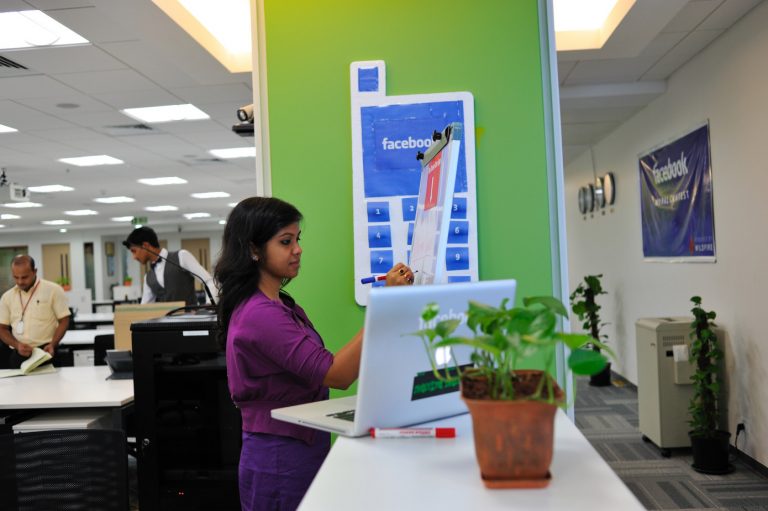
In the previous analysis, Our analyst shared ideas gleaned from the perspectives of Lagos professionals on how to identify corporate intrapreneurs. This article contributes to the conversation by concentrating on what intrapreneurs demand from their bosses and managers.
Favourable Innovation Climate and Technical Excellence Incentives. Many professionals are dealing with a hostile environment for innovation and/or a lack of technical excellence incentives. Businesses appear to have yet to realize that employees’ attitudes toward intrapreneurship can be seen through creativity and innovation. The correct incentives, according to InnovationTools.com, can include giving innovators the time and space they need, allowing them to be creative and daring, having the right mix of varied people on innovation teams, and creating connections and relationships.
Motivation and Emotional Balance. Because of a lack of motivation, emotional tiredness, and burnout, their creativity and inventiveness are hampered. Managers must motivate them and maintain emotional equilibrium in order for them to think critically and creatively. Emotions are intertwined with everything employees must do, while factors such as instincts, impulses, needs, incentives, and thoughts, among others, guide future behaviour and serve as motivators. Intrinsic or extrinsic motivation are both possible. According to Mallow, the most powerful source of motivation is the desire for self-actualisation, which is a condition of self-fulfilment in which people reach their full potential in their own unique way.
Register for Tekedia Mini-MBA edition 19 (Feb 9 – May 2, 2026): big discounts for early bird.
Tekedia AI in Business Masterclass opens registrations.
Join Tekedia Capital Syndicate and co-invest in great global startups.
Register for Tekedia AI Lab: From Technical Design to Deployment (next edition begins Jan 24 2026).
Participative decision-making style. They are having difficulty making some decisions since they are unable to influence corporate decision-making. Giving them unrestricted time to tackle problems in small, high-functioning teams could be a fantastic opportunity for them to solve problems creatively without the constraint of corporate hierarchy or control, which can hinder inventive exchanges. When organizations display a high level of dedication to employee involvement in decision-making, intrapreneurialism thrives.
Being appreciated. Employees desire to be recognized or rewarded for their hard work. They want any extra effort to be recognized, especially when their efforts result in a positive outcome for the company. According to a Forbes article, the top three reasons for people leaving their jobs were a dislike for their employer, a lack of empowerment, and irritation with internal politics. These factors must also be considered by businesses. The level to which an employee perceives a direct relationship between the effort he or she puts in and successful performance on the employee’s appraisal and evaluation system, to which he or she perceives a direct relationship between a good performance appraisal and rewards, and whether the company is offering the right reward are critical in developing intrapreneurship spirits, according to the expectancy model for entrepreneurial behaviour.
Companies that embrace intrapreneurship thrive
There are advantages and disadvantages to fostering an intrapreneurship culture, but the advantages outweigh the disadvantages. Google is one of the firms that has benefited from intrapreneurship to promote employee empowerment and innovation. Evidence has shown that there is a link between strategic intrapreneurship practice and bank innovation in Nigeria, most notably in Access Bank, Eco Bank, First Bank of Nigeria, Guaranty Trust Bank (GTB), United Bank of Africa (UBA), and Zenith Bank, all of which are located in Lagos State, whereas companies in the telecommunications industry lack appropriate strategies to support intrapreneurship activities despite having retention strategies for employees who have shown entrepreneurial tendencies.
Our analyst’s proposition is that: to compete faster and more innovatively, Nigerian businesses must create internal entrepreneurial programmes.


